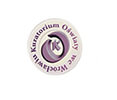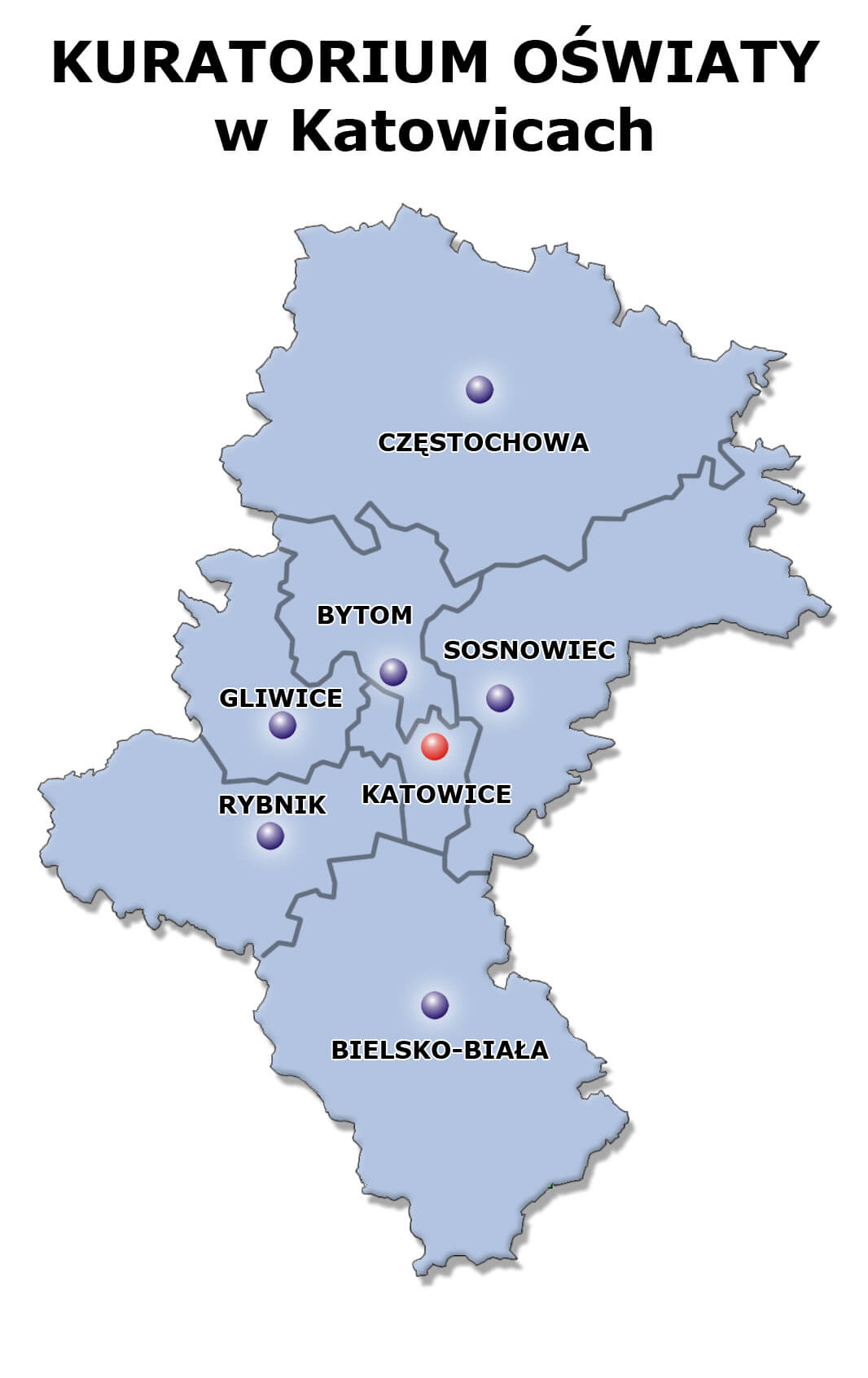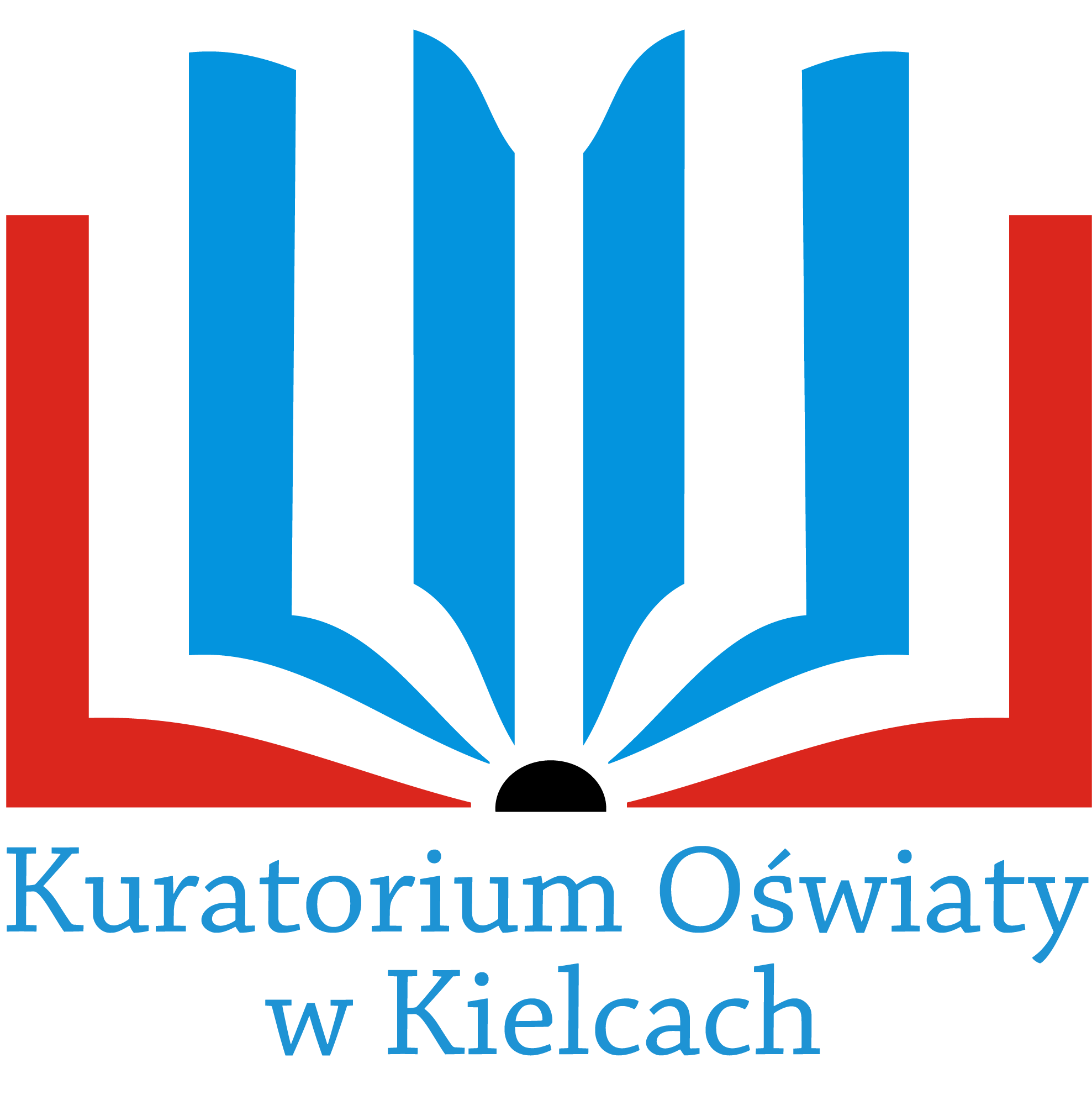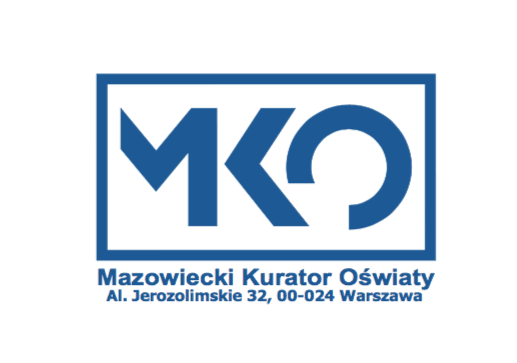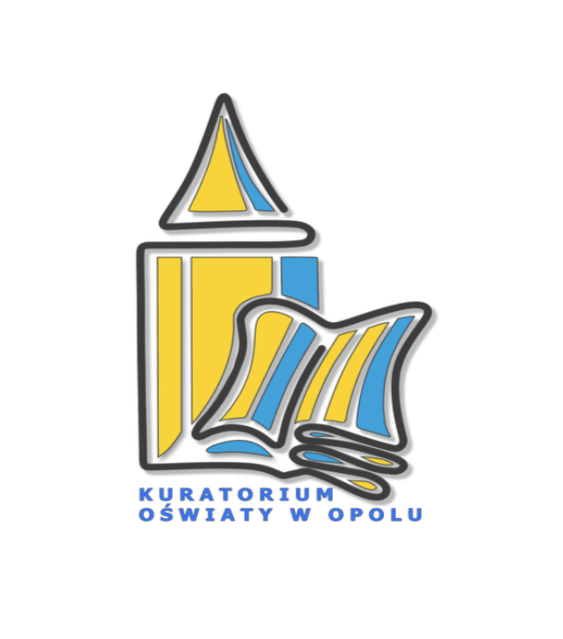Asteroid to be named after a young scientist from Hrubieszów
10 March 2015
17-year-old Kinga Panasiewicz from Hrubieszów was granted the second award in the Medicine and Health category in a prestigious scientific contest for the youth, Intel ISEF, in the USA. As a reward, one of the recently discovered asteroids will be named after her.
Young Polish scientists also stood on the podium of European informatics contest Infomatrix in Romania. The representatives of E(x)plory Festival informed the Polish Press Agency about the success of the young scientists; as a result, young Polish scientists can participate in the best scientific contests.
Kinga Panasiewicz won one of the second awards in the Medicine and Health category in Intel ISEF – one of the most important scientific and engineering competitions for school students in the world. The subject of the project of the 17-year-old from Hrubieszów was the influence of synchronisation of the brain hemispheres on brain function. Kinga Panasiewicz was awarded 1.5 thousand dollars. Additionally, one of the asteroids discovered thanks to The Lincoln Near Earth Asteroid Research (LINEAR) program conducted by Lincoln Laboratory, MIT, will be named after her.
The human brain is comprised of two hemispheres that differ in many ways. My project deals with linking a particular mental function to a certain area in the brain and with the synchronisation of both brain hemispheres. I based my research on behavioural laboratory experiments and EEG tests. The data collected during the study showed that a relevant exercise programme for synchronisation has a great influence on the central nervous system,” says Kinga Panasiewicz about her study.
Kinga Panasiewicz not only conducted exhaustive studies but scientific authorities in neurology and psychiatry at universities in Cambridge and Glasgow supported her conclusions.
Young scientists from Poland were also successful at Infomatrix, the biggest informatics contest in Europe. Mateusz Stec, a student of a technical high school of mechanical engineering in Tarnów, designed and constructed industrial robots that can replace humans in performing, with precision, some dangerous tasks and that can be used in many industry branches, e.g. for welding bridges or drilling. Representatives of the E(x)plory Festival point out that what constitutes an innovation in his project is the low manufacture costs and unusual simplicity of the robot programming. Even an inexperienced person can learn how to operate such a robot in just a few hours.
“I was curious and wanted to find answers to questions that are a mystery to me.” says Mateusz Stec. “From a very young age, I’ve been doing everything to understand the world and the laws that govern it. Thanks to the acquired knowledge and my experience, I can construct devices that will help people at work. Such a great goal is motivation itself.” The robot constructed by the student was awarded a gold medal in the Hardware Control category. Two other teenagers from Poland, Michał Niewiadomski and Daniel Szczęsny from Wałbrzych, won the bronze medal in the same category.They built a machine that sorts various raw materials. It can be used in industry as well as in the widely understood sphere of environmental protection.
Young Polish scientists participated in one of the most important scientific competitions for youngsters – the E(x)plory Festival. Young scientists may already start submitting their ideas for the next edition of Young Scientists Competition – E(x)plory 2014. The competition is meant for science enthusiasts aged 14-20. More information can be found on www.explory.pl.
Source: NaukawPolsce.pap.pl


